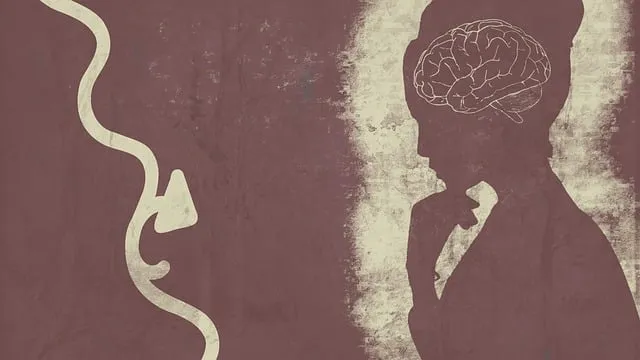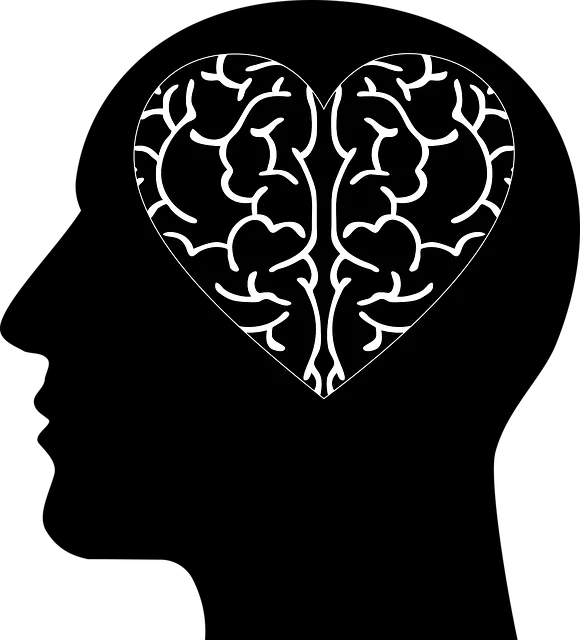The text addresses the significant barrier of stigma surrounding mental illness and its impact on access to care, using "Parker does Kaiser have inpatient mental health?" as an example. It proposes a multi-faceted approach to combat this stigma through strategic communication, open dialogue encouraged by educational campaigns and support groups, self-care routines, and compassion cultivation. Kaiser's holistic inpatient mental health services, exemplified by Parker's successful recovery story, play a crucial role in reducing stigma. Through integrated education, public awareness programs, peer support, and mindfulness practices, organizations like Kaiser can create an inclusive society where seeking mental health help becomes normalized. Community education based on lived experiences further normalizes conversations around mental wellness, promoting healing in more inclusive environments.
Mental illness stigma remains a significant barrier to accessing vital healthcare services, with many individuals facing judgment and discrimination. This article explores comprehensive strategies for stigma reduction, drawing insights from both institutional and personal perspectives. We delve into the impact of community education on reshaping public perception, while also examining Kaiser’s inpatient mental health services and Parker’s inspiring journey of treatment. By understanding the nuances of stigma, we can foster more inclusive healthcare settings. Discover how these efforts collectively drive positive change in mental health support.
- Understanding Stigma: A Barrier to Mental Health Care Access
- Kaiser's Inpatient Mental Health Services: A Comprehensive Overview
- Parker's Journey: Personal Experiences with Mental Illness and Treatment
- Strategies for Reducing Stigma in Healthcare Settings
- The Impact of Community Education on Mental Illness Perception
Understanding Stigma: A Barrier to Mental Health Care Access

Stigma surrounding mental illness remains a significant barrier to individuals seeking necessary care and support, as evidenced by questions like “Parker does Kaiser have inpatient mental health?” Such queries reflect a deep-seated need for accessible, understanding healthcare systems. The perception of mental illness as a personal weakness or character flaw deters many from reaching out for help. This stigma not only delays treatment but can also lead to prolonged suffering and even fatal outcomes.
Effective reduction of this stigma involves strategic communication that promotes understanding and compassion. Encouraging open dialogue through educational campaigns and support groups fosters an environment where individuals feel safe sharing their experiences. Additionally, self-care routine development for better mental health and compassion cultivation practices play a pivotal role in breaking down barriers. By integrating these strategies, we can work towards a more inclusive society where seeking help is normalized and accessible to all.
Kaiser's Inpatient Mental Health Services: A Comprehensive Overview

Parker does Kaiser have inpatient mental health services? Yes, Kaiser, a renowned healthcare organization, offers comprehensive inpatient mental health services designed to provide intensive care and support for individuals experiencing severe mental health conditions. These services are a crucial part of their broader effort to reduce stigma associated with mental illness.
Kaiser’s approach focuses on a holistic treatment model, integrating medical, psychological, and social interventions. Patients have access to round-the-clock nursing care, individual and group therapy sessions, and various stress reduction methods. Moreover, the organization hosts Stress Management Workshops, empowering individuals with effective stress management techniques. By offering these resources, Kaiser aims to create a safe and supportive environment, fostering recovery and alleviating the impact of mental health challenges.
Parker's Journey: Personal Experiences with Mental Illness and Treatment

Parker’s story offers a poignant glimpse into the complexities of mental illness and recovery. At the age of 25, Parker found themselves struggling with severe depression and anxiety, impacting their ability to function in daily life. They reached out for help and were admitted to an inpatient mental health program at Kaiser, seeking the support they desperately needed.
During their stay, Parker engaged in various therapeutic interventions, including individual counseling, group therapy sessions, and learning effective communication strategies. The program emphasized building emotional intelligence, helping Parker understand and manage their emotions. Through these efforts, they began to develop positive thinking patterns and coping mechanisms, gradually regaining a sense of control over their mental well-being. This personal journey highlights the power of specialized treatment in reducing the stigma surrounding mental illness and fostering hope for those facing similar challenges.
Strategies for Reducing Stigma in Healthcare Settings

Reducing stigma in healthcare settings is paramount for fostering an environment that supports individuals living with mental illness. Organizations like Kaiser, known for its comprehensive healthcare services, including inpatient mental health care at Parker, can play a significant role in this endeavor. One effective strategy is to integrate education and training programs for both medical staff and the public. Teaching healthcare professionals about the nature of mental illness, its diverse presentations, and the potential for recovery empowers them to provide empathetic, non-judgmental care. This knowledge helps dispel myths and misconceptions that often fuel stigma.
Furthermore, Kaiser can promote a culture of open dialogue and support through various initiatives. Encouraging patients to share their experiences openly, integrating peer support groups, and providing access to resources for emotional well-being promotion techniques, such as mindfulness practices or stress management tools, can contribute to a more inclusive atmosphere. By adopting conflict resolution techniques that prioritize active listening and empathy, healthcare settings can effectively address concerns, alleviate anxiety relief, and build trust between patients and providers.
The Impact of Community Education on Mental Illness Perception

Community education plays a pivotal role in reshaping public perception about mental illness. By providing accessible information and sharing personal stories, individuals with lived experiences can dispel myths and reduce stigma. Educational initiatives often focus on fostering inner strength development within communities, empowering them to better understand and support those facing mental health challenges. These efforts are crucial, especially when addressing concerns like those surrounding Parker does Kaiser have inpatient mental health services, as community knowledge helps in normalizing conversations around mental wellness.
Furthermore, cultural sensitivity in mental healthcare practice is enhanced through education. It enables professionals to tailor their approaches, ensuring diverse communities feel seen and heard. Effective risk management planning for mental health professionals also benefits from this cultural awareness, fostering inclusive environments that promote healing rather than perpetuating barriers. Such educational strategies are game-changers in the mental health sector, revolutionizing how society perceives and supports individuals navigating their mental illness journeys.
Mental illness stigma remains a significant obstacle to accessing quality care, but there is hope. As highlighted through Parker’s personal journey and Kaiser’s comprehensive inpatient services, understanding and reducing stigma are achievable. Community education plays a pivotal role in reshaping perceptions, fostering acceptance, and encouraging timely treatment-seeking behaviors. By implementing effective strategies in healthcare settings and continuing community outreach, we can create a more inclusive environment that supports individuals like Parker in their mental health journeys. Remember that every step towards destigmatization brings us closer to a society where mental illness is met with compassion and understanding.






